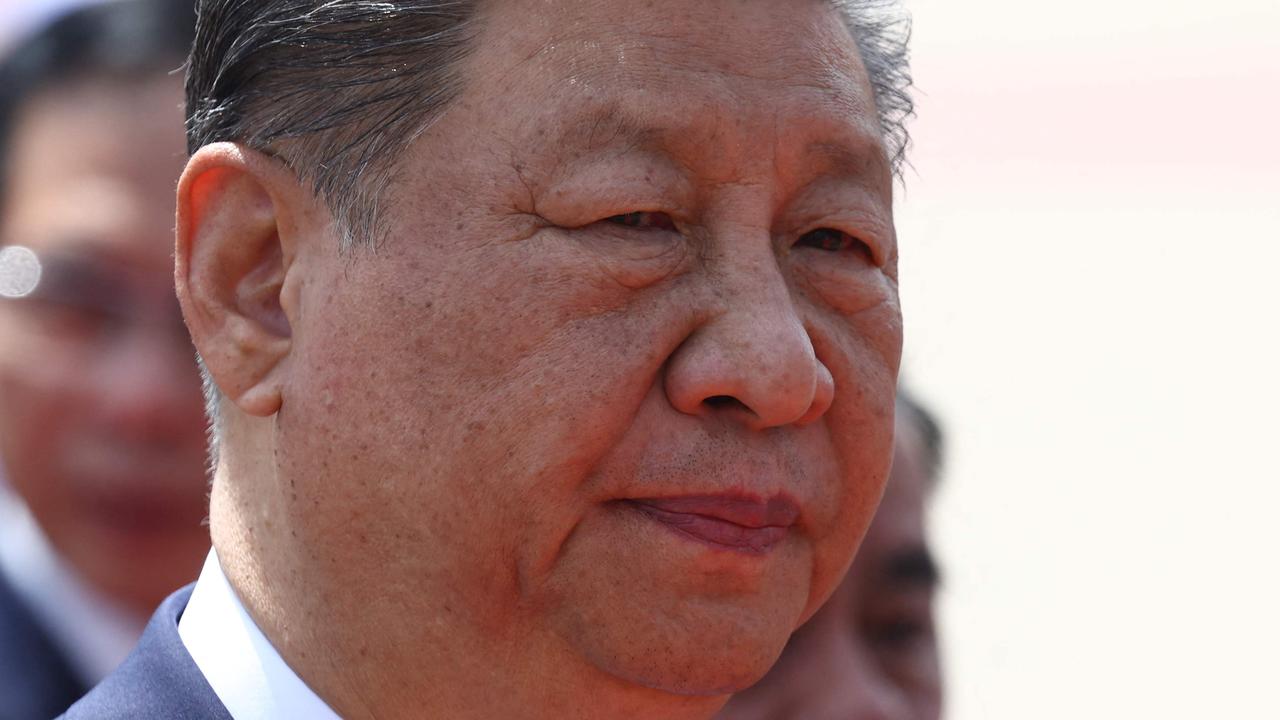Shanghai residents ‘dragged from homes’ screaming amid Covid lockdown
Confronting videos from the most harsh lockdown on the planet show residents screaming under incredible orders to keep Covid-19 at bay.
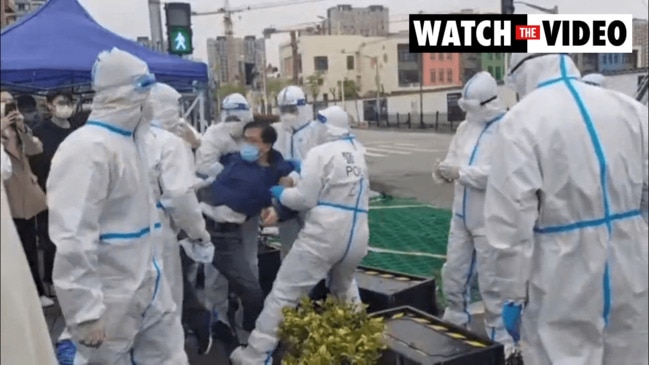
Confronting videos have emerged out of Shanghai, China, showing police in hazmat suits surrounding screaming residents, reportedly ordering them to leave their homes so the buildings can be used as Covid quarantine sites.
The city of about 26 million people has been under one of the world’s strictest lockdowns as the country pursues a policy of Covid zero.
Shanghai reported a record 27,000 cases on Thursday. Less than 3000 of those were symptomatic.
Videos, which have circulated on the Chinese social media platform Weibo and now more widely, show what residents say is authorities dragging people away from their homes in the Pudong district on Thursday.
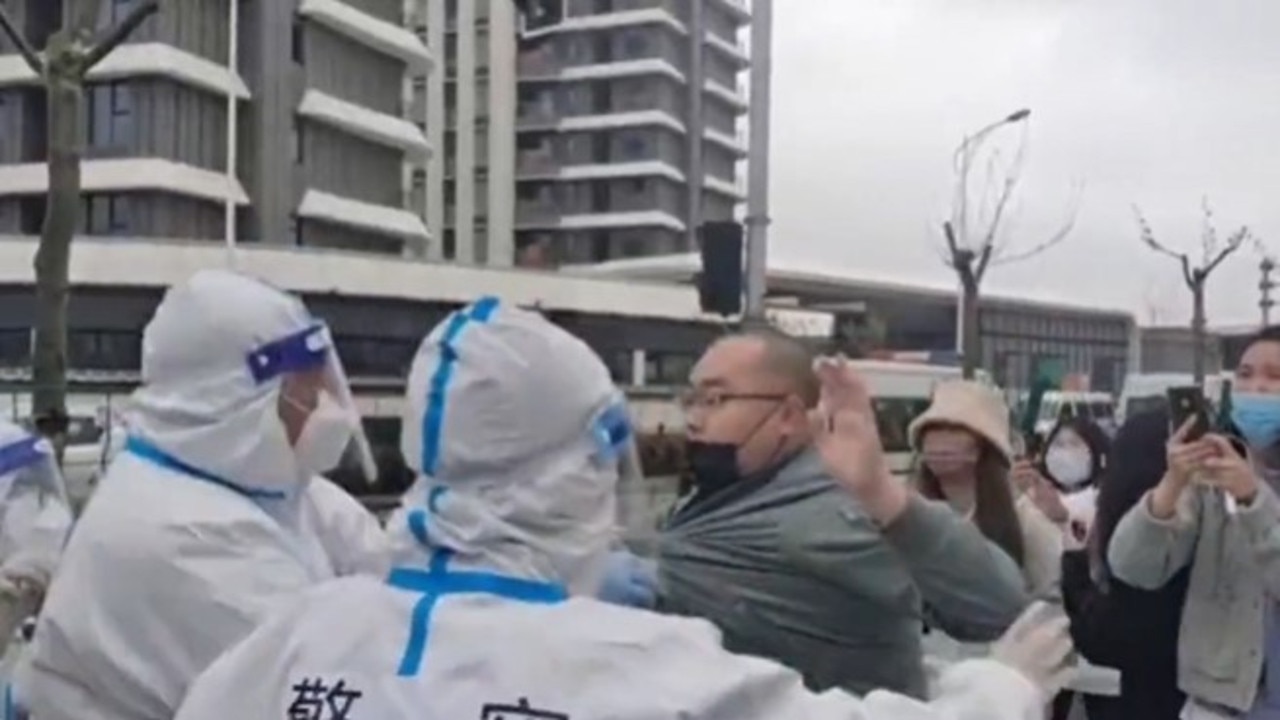
According toThe Guardian, users claimed local authorities had decided to take over several residential buildings in Zhangjiang county in Pudong district to quarantine Covid patients.
In one clip, a man behind the camera was translated to have said: “This Zhangjiang, Shanghai, the police stormed the compound and dragged regular residents out.”
Residents could be seen kneeling on the ground or with their hands above their heads. Some were grabbed by those in the hazmat suits as onlookers screamed.
At least some of the people dressed in white hazmat suits had the word “police” written on the front and back.

Chinese human rights activist Jennifer Zeng said the residents were tenants of the community and did not own the apartments.
“Perhaps that’s why #CCP (Chinese Communist Party) thinks it has the right to do this,” she wrote on Twitter, sharing some footage of the conflict.
She later wrote that the tenants were reportedly moved to other apartments.
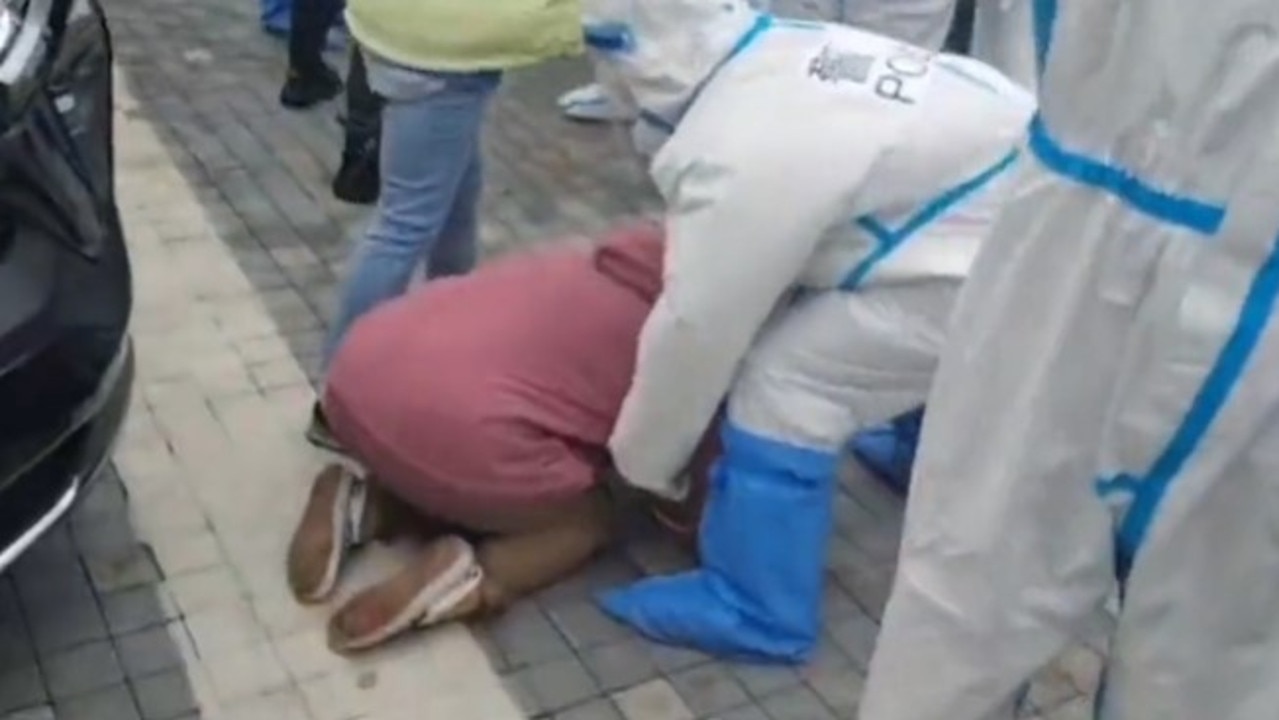
It comes after a haunting video went viral of frustrated residents screaming from windows of their high-rise apartment buildings while unable to step foot outside.
Aiming for Covid zero
China has been widely criticised for its approach to handling its recent Covid outbreak, with the harsh conditions making headlines around the world, including videos of a pet corgi killed because its owner had tested positive.
One of the most controversial rules saw babies and young children separated from their parents with health officials deciding Covid positive people should be isolated from non-infected people.
There has also been fury about food shortages.
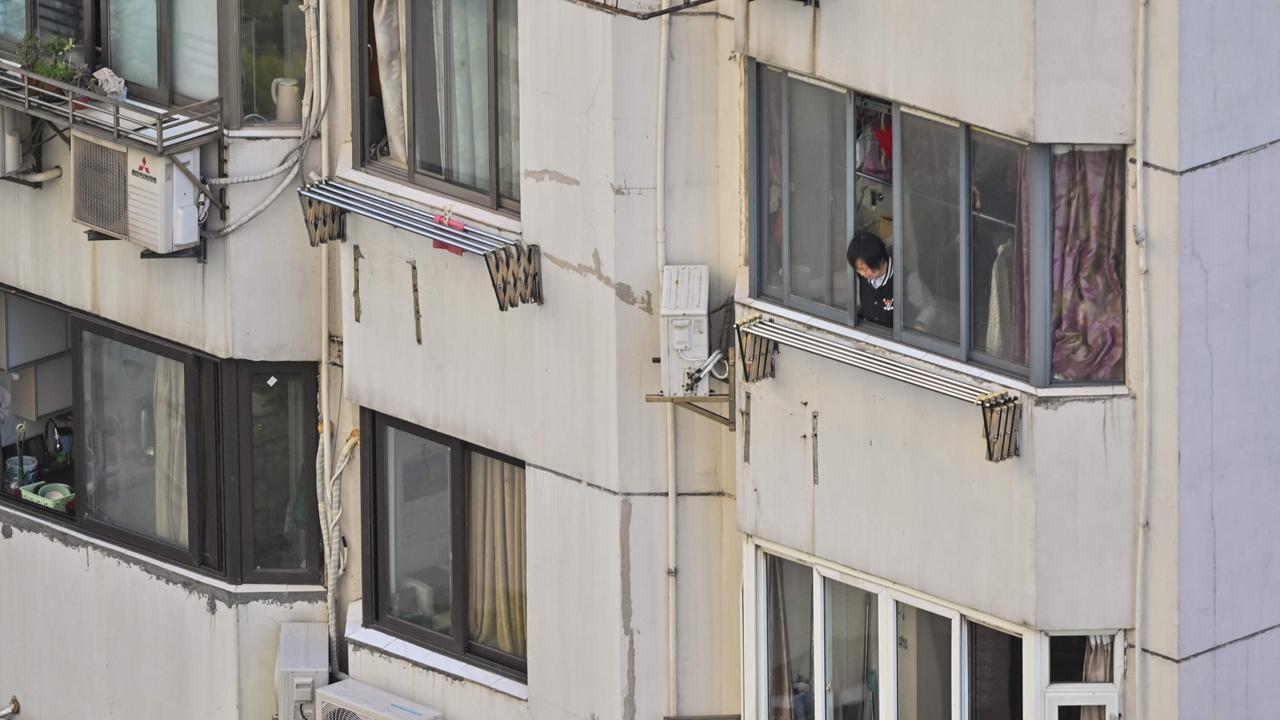
On Monday, Shanghai eased its brutal lockdown covering the entire city, announcing a number of concessions for those in neighbourhoods recording zero cases in 14 days.
The government introduced a three-tier disease control system, which allows some residents to leave their homes providing they continue to follow health protocols.
They will not, however, be allowed to exit their subdistrict.
Those residing in suburbs with zero cases in the previous week have now been allowed to collect food deliveries and walk outdoors “at a designated time and location”.
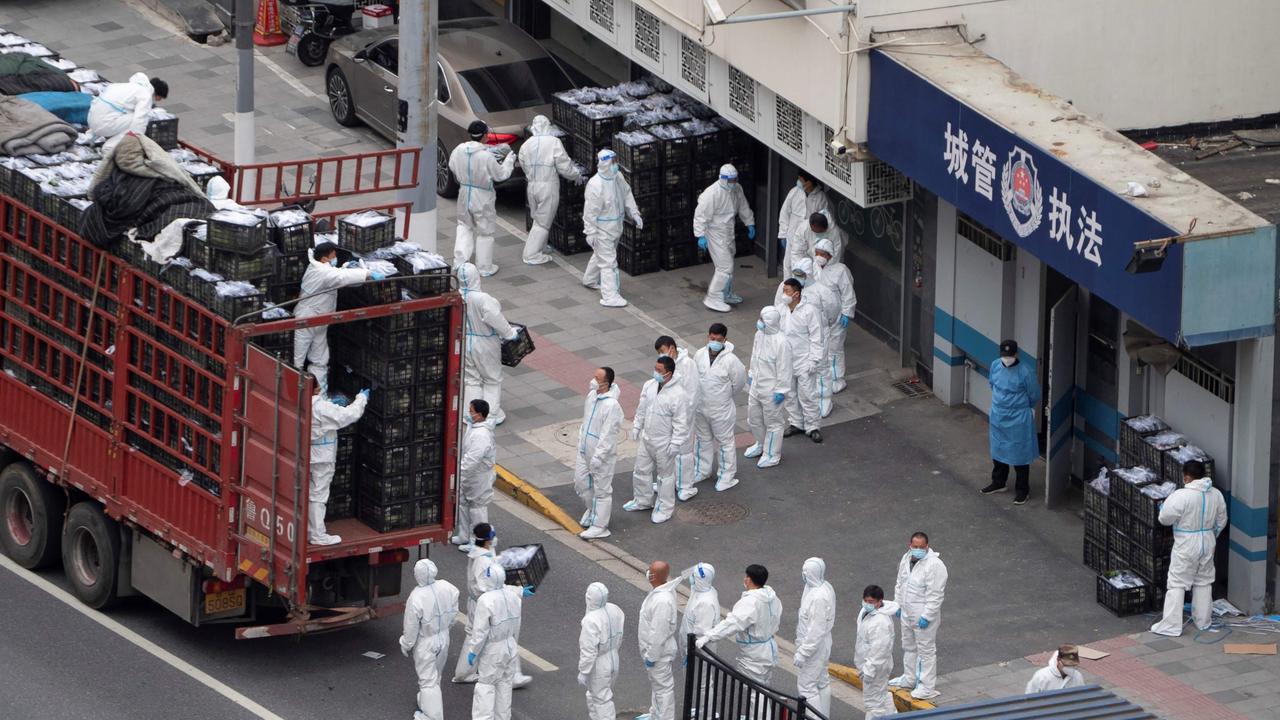
Shanghai health official Wu Qianyu acknowledged the need for the community to be let out of their homes but still voiced support for ongoing measures in the hardest-hit regions.
“After a long period of lockdown, it is understandable that people want to go out and get some air, and they need to go shopping for food and medicine and go for medical treatment,” she said at a press briefing Monday. “But if lots of people gather in a disorderly way, it will cause hidden dangers to our epidemic prevention work.”
Impact on supply chain
The ripple effect of China’s lockdowns will be felt globally, including in Australia.
“Covid induced lockdowns in China and the Russia-Ukraine war has torn apart the expectations of recovery of the supply chain, which has been grappling to keep up to the pressures of implications resulting from these and many more disruptions,” chief executive of Container xChange Christian Roeloffs said, explaining the China situation was like a “traffic jam”.
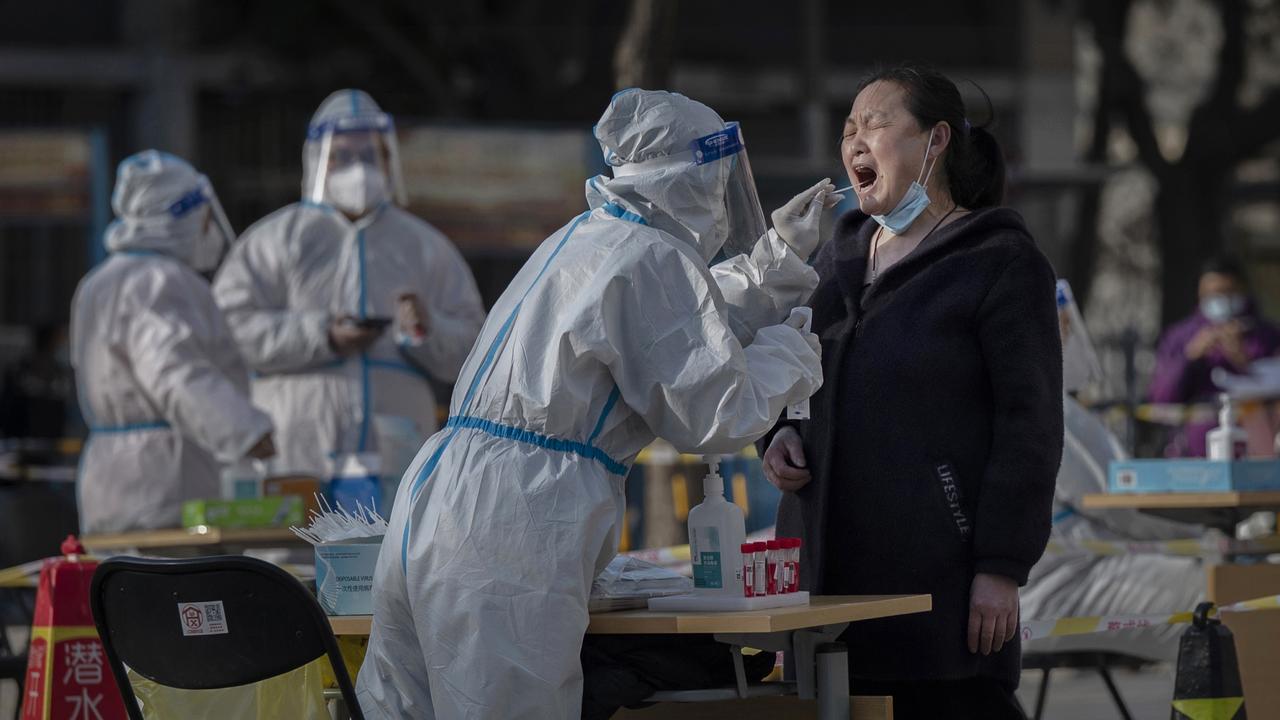
China is Australia’s largest trading partner, so when there is significant disruptions to the supply chain consumers here can expect delayed online shopping and gaps on shelves.
David Leaney, an International Supply Chain Management lecturer at Australian National University, said Australians are less likely to see whole shelves empty in stores but rather gaps.
“It’s impacting the flow of raw materials, finished goods, the enablers we need the supply chain to work and particularly the availability of people” he told news.com.au.
“It’s going to mean shortages of some stocks in really hard to predict and almost seemingly random patterns.”




